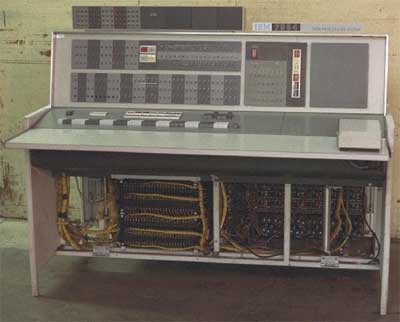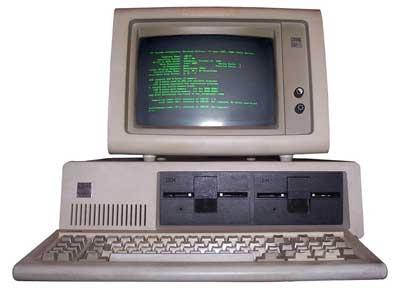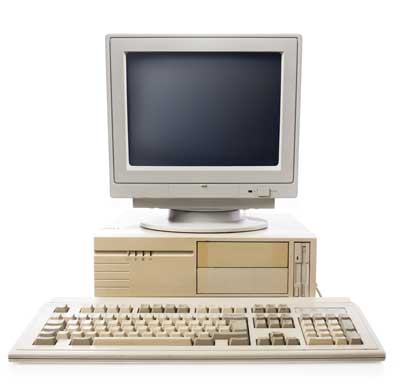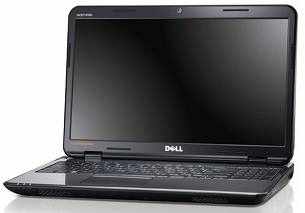A computer or computer (from English: Computer) is an electronic machine that receives data and processes it into valuable information. It also stores them in different storage media, and is often able to exchange these results and information with other compatible devices. Today's fastest computers can perform hundreds of billions of arithmetic and logical operations in a few seconds. Computers operate with special software called operating systems, and without them, the computer is a useless piece. Operating systems show the computer how to carry out tasks, and they often provide an environment for programmers to develop their applications. Defining computers as only those that run under Windows, Macintosh and Linux environments is a common mistake among people.
History
The First Generation Of computers
The period of first generation was from 1940-1956. The computers of first generation used vacuum tubes as the basic components for memory and circuitry for CPU (Central Processing Unit). These tubes, like electric bulbs, produced a lot of heat and the installations used to fuse frequently.
The second generation of computer
A transistor computer, now often called a second-generation computer, is a computer which uses discrete transistors instead of vacuum tubes. The first generation of electronic computers used vacuum tubes, which generated large amounts of heat, were bulky and unreliable. The third generation of computer
Third generation computers were computers that emerged due to the development of the integrated circuit (IC). They were the first steps toward computers as we know them today. Their main feature was the use of integrated circuits, which allowed them to be shrunk down to be as small as large toasters. The fourth generation of computer
Fourth Generation of computers was between 1971 – 1980. These computers used the VLSI technology or the Very Large Scale Integrated (VLSI) circuits technology. Therefore they were also known as the microprocessors. Intel was the first company to develop a microprocessor.
The fifth generation of computer
The Fifth Generation Computer Systems (FGCS) was an initiative by Japan's Ministry of International Trade and Industry (MITI), begun in 1982, to create computers using massively parallel computing and logic programming. It was to be the result of a government/industry research project in Japan during the 1980s.
The first generation of laptops
The first contender for true laptop computing was the 16-bit Dulmont Magnum, designed by David Irwin and John Blair of Dulmison, Australia, in 1982 and released in Australia in September 1983 by Dulmont. This battery-powered device included an 80 character × 8 line display in a lid that closed against the keyboard.
The second generation of laptops
The 2nd generation processors include video performing encoding hardware, and a Video HD and 3D stereoscopic content for TV viewing, and support of full streaming HD. The family of Cores contains 1 Core i7 extreme edition, 12 Core i7's, 12 Core i5's, 4 Core i3 processors, and several new graphic performance features.
Software
 |
| In past the system was like this |
Software refers to parts of the computer which do not have a material form, such as programs, data, protocols, etc. Software is that part of a computer system that consists of encoded information or computer instructions, in contrast to the physical hardware from which the system is built. Computer software includes computer programs, libraries and related non-executable data, such as online documentation or digital media. It is often divided into system software and application software Computer hardware and software require each other and neither can be realistically used on its own. When software is stored in hardware that cannot easily be modified, such as with BIOS ROM in an IBM PC compatible computer, it is sometimes called "firmware". |
| And nowadays systems are like this |
For More Topics
Made By : Philopater Bieshoy Daniel
Directed By : Mr. Maikel Magdi












Comments
Post a Comment